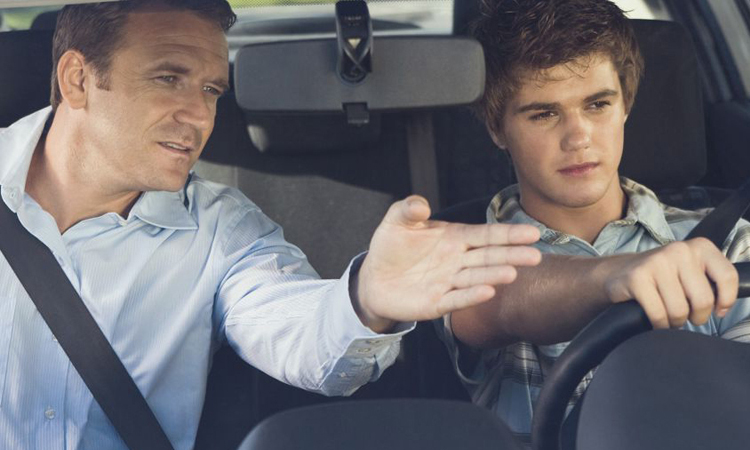
Will Auto Insurance Cover Someone Else Driving My Car?
When owning a car, it's almost a guarantee that someone else will have to drive it at some point--whether it be a babysitter, a friend or an employee. Despite the common belief that auto insurance follows the driver and not the car, this is actually false. In most cases, if another individual has a collision while driving your car, your insurance will be covering it--not theirs.
For instance, if a friend gets into an accident while driving your car, your auto insurance would be used as primary coverage status regardless of whether the friend is insured or not. A claim would be filed, the deductible would have to be paid and there could be a possible rate increase as well. However, assuming this friend is insured, their own auto insurance could be used as secondary coverage status. This means that if your own insurance reaches its payable limit, their insurance would pay the difference. This is also the case if the other driver sustains an injury--a claim would be filed to the friend's auto insurance to pay the medical bills. However, if the friend does not have their own auto insurance, these bills fall on the owner of the car. Any liability or medical bills is paid for by your insurance and maybe even out-of-pocket as well--depending on the plan.
Many auto insurance plans do have what is called "permissive use". This states that children or family members in your household will be covered with your auto-insurance should anything happen--as long as they have permission to use the vehicle. On the other hand, if someone who does have permission uses the car, it's usually handled two ways--depending on the individual. For example, a car thief who has stolen your car and has a collision will not fall back on you. While your auto insurance may be the primary coverage, there would be no increase in rates or personal liability. If a friend or family member who has not obtained consent has a fender bender, their auto insurance would be the primary coverage with yours being secondary in most cases. Unless, of course, they are not covered--in which case it would be left up to your own auto insurance to handle it.
While the above scenarios have all talked about accidents that have been the fault of the individual driving your vehicle, there is one other scenario. If a friend who has obtained permission is driving your car and they get into an accident that is no fault of their own--such as a drunk driver running a red light--there would be no concern for your auto insurance or your friend's. In this case, a claim would be filed for the other driver's auto insurance to pay for damages and medical bills and there would be no personal liability.
Although there are multiple scenarios with different endings, if someone is driving your car with consent, your auto insurance is going to cover it. For this reason, many insurance companies urge their customers to add frequent drivers--such as babysitters or employees--to their plan if they know they will be driving the vehicle often. Overall though, it's important to understand that the myth, "Car insurance follows the driver" is just that--a myth. In most cases, the insurance will follow the car and not the individual behind the wheel.
